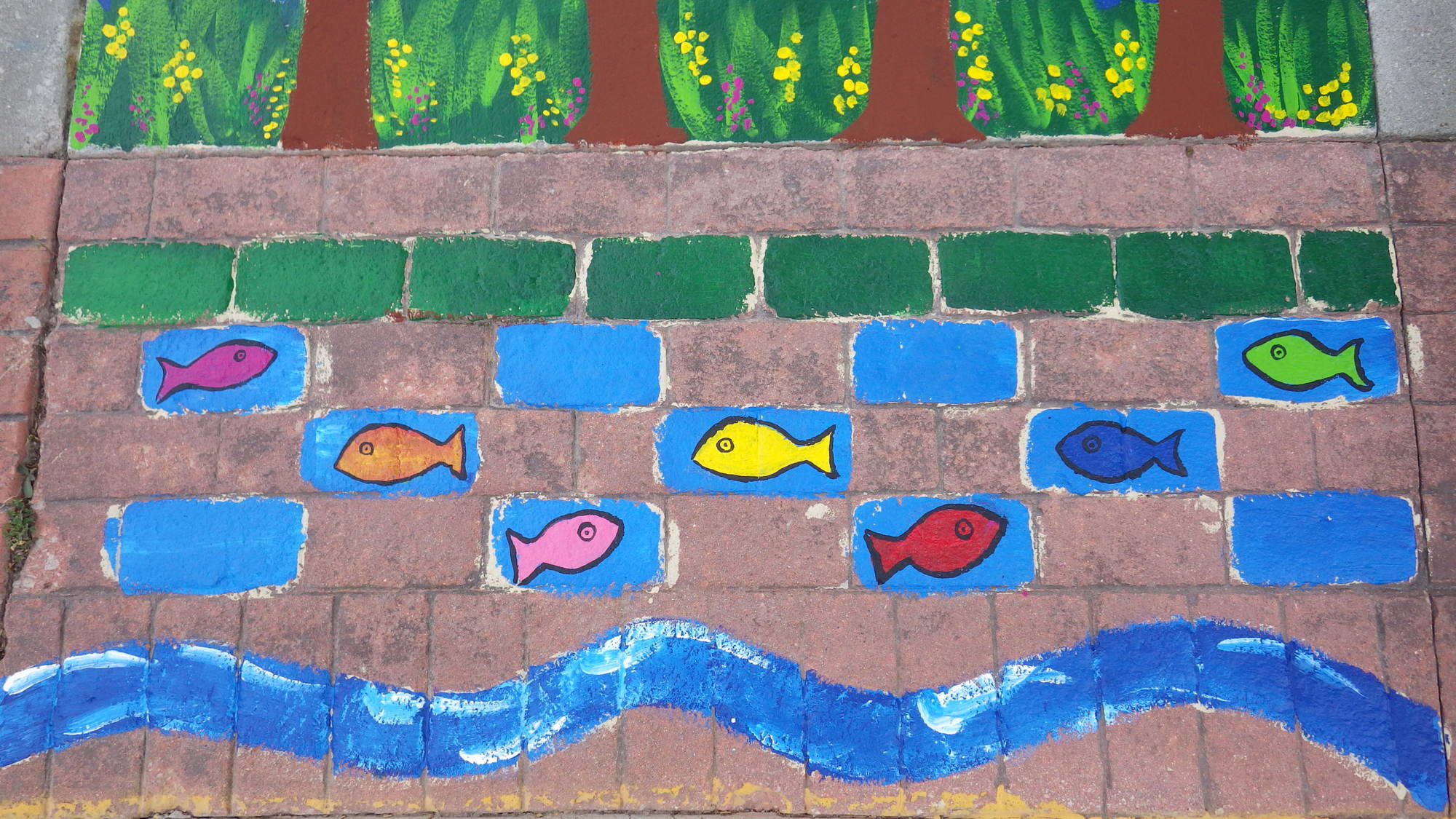
Stormwater FAQs
Who pays for the program?
Answer: Starting in 2007, property owners in the Cities of Elkhart and Goshen, the Town of Bristol, and the unincorporated areas of Elkhart County began paying a stormwater management fee. The fee is broken down in the following way:
- For Residential parcels with one to three dwellings, the annual stormwater fee is $15.00.
- For residential parcels with four or more dwellings and non-residential parcels, the annual fee is $15.00 for every 3,600 square feet of impervious or hard surface.
Impervious surface refers to hard surfaces such as rooftops, driveways, and parking lots that cause water to run off, rather than soak into the ground. The amount of impervious surface for each non-residential parcel is based on measurements taken from aerial photos.
I received my bill for the stormwater fee and I think I’m being charged too much. What do I do?
Answer: After receiving your stormwater bill if you feel there has been an error in billing, you may download and submit an Appeals Form to the Stormwater Coordinator (Appeal Form). You can also get this form through the mail by calling the Stormwater Coordinator’s office at 574-534-9394 and asking for Ryan Clussman.
Your appeal will be reviewed by the Greater Elkhart County Stormwater Partnership Advisory Board. They will send a written determination by certified mail. If you do not agree with the Advisory Board, you have 15 days to resubmit the appeal along with any supporting information. This will be taken to the Goshen Board of Public Works and Safety.
Who’s responsible for protecting our waterways?
Answer: Everyone is responsible for protecting our waterways and keeping them free of harmful pollutants. The Department of Stormwater Management coordinates and requires many practices which improve local water quality and help prevent clogging of drains, but community members play a crucial role in maintaining the health and cleanliness of the Elkhart River and other local waterways through activities like picking up trash and properly disposing of yard and household waste. Click here for more resources and information on what you can do to help.
I’ve heard the term “MS4.” What does this mean?
Answer: MS4 stands for “Municipal Separate Storm Sewer Systems.” Basically, the Clean Water Act requires cities and other urbanized areas to manage stormwater runoff in a way that protects clean water. For more information visit the EPA website.
What is the filing fee for construction sites?
Answer: The filing fee is $100 per disturbed acre rounded up, for example a project disturbing 1.25 acres would have a filing fee of $200. There is also a flat $100 renewal fee if all disturbed areas are not properly stabilized by December 31st of the second year after initial filing and each year until the site meets stabilization requirements. This means a project submitted on either January 5th or December 22nd of 2016, would need to submit a renewal fee and application by the January 31st, 2018.
What are the requirements for construction sites?
Answer: Please visit the Construction page of the Elkhart County Soil and Water Conservation District (SWCD) page here.
What are the requirements for construction sites that disturb less than one acre of soil?
Answer: Individual construction sites that disturb less than an acre but are part of a “larger common plan of development or sale” still have to meet all the requirements of the Construction Stormwater General Permit (CSGP), including the submittal process. A common example would be a lot in a subdivision. Typically, for residential lots, the developer submits a Stormwater Pollution Prevention Plan (SWPPP) that covers all of the lots in the subdivision. Builders on each individual lot have to follow that overall plan.
If the developer has not submitted a plan that covers individual lots in a subdivision, then each individual lot owner has to submit a plan for their lot. This happens commonly in commercial and industrial subdivisions.
Another example is when parcels are sold together for the express purpose of development. For example, if 3-acre parcels are sold together with the purpose of building a house on each lot, that is a “larger common plan of development or sale.” There should be a SWPPP submittal for the entire area to be developed or individual submittals for each house as it is built, prior to construction.
Finally, even if construction disturbs less than an acre and is not part of a larger plan, sediment must be prevented from polluting local waterways or causing a problem for neighbors. A SWPPP submittal is not required, but erosion and sediment controls, along with other pollution prevention measures, should be implemented as needed.
If you have more questions, please contact the Stormwater Department directly via phone at 574-537-3832 or by email at stormwater@goshencity.com.